
ReligiosiTea
ReligiosiTea is where sacred storytelling meets critical inquiry—an exploration of how religion, spirituality, and health collide, converge, and co-heal.
Hosted by Adren, a doctoral student in Health Equity Sciences with a Master of Public Health and a background in anthropology, this podcast bridges the gap between lived experience and academic insight. With deep roots in qualitative research and a passion for testimony, Adren invites listeners into the spaces where belief systems meet bodies, where healing is both clinical and cosmic, and where the divine shows up in diagnosis, doubt, and deliverance.
The name ReligiosiTea is a portmanteau of religiosity—a measure of religious participation—and tea, a term from queer and AAVE dialects meaning truth, gossip, and revelation. This isn’t just a show about religion or health—it’s about the stories we whisper, the rituals we survive, and the questions we dare to ask when the stakes are spiritual and embodied.
Episodes vary in format—from interviews with people of diverse faiths and spiritual identities, to solo reflections, to commentary on the politics of faith and wellness. Whether you’re devout, deconstructing, or somewhere in between, ReligiosiTea offers a grounded, generous space for complexity, clarity, and connection.
ReligiosiTea
Quick Spill: The Science of Prayer
Spill your ReligiosiTea directly with the show host! Let us know your reactions, stories, and more!
In this episode of ReligiosiTea, host Adren dives into the complex relationship between prayer, cognitive processes, and health outcomes. From its mental benefits to the potential for stress reduction, prayer can shape how we process emotions and handle challenges—even in clinical settings. Adren also explores the intersection of religion and science, discussing how biases can influence the research around prayer and health. Plus, we take a closer look at the practice of praying for others and how that might impact well-being too. Join us for an enlightening conversation on the spiritual and mental health benefits of prayer—whether you’re religious or not!
Key Takeaways:
- Prayer can have mental health benefits, including stress reduction and improved cognitive function.
- The relationship between prayer and health is complex, with biases influencing research findings.
- Praying for others may have unique effects on both the person praying and the person being prayed for.
- Positive social networks in religious contexts can improve overall well-being.
Resources Mentioned:
https://pmc.ncbi.nlm.nih.gov/articles/PMC2802370/#sec1-6
Follow me on Instagram and Threads: @ReligiosiTea
You can use the link at the top of the show notes or email me at religiositea@gmail.com to share your stories, thoughts, insights, reactions, and much more! I'm waiting for you to spill your ReligiosiTea!
We're spilling tea on religion and health, where intersections of faith and healing combine. On religiosity, as this podcast discusses religious beliefs, religious experiences, personal testimonies and mental and physical health, some of the content may be uncomfortable or triggering for some listeners. This is your host, adrian. I've got a question for you. What is prayer? When you sit down and actually think about what prayer is, how do you describe it to yourself? Is it asking a higher power or the universe for something like healing, a promotion at work, a resolution to some problem you have? Is it enhancing your connection with the divine? Is it a meditation to help you clear your mind through a conversation with something greater than yourself? Today, we're spilling the tea on how prayer might be shaping your mind and health, whether you're religious or not. I wanted to talk about prayer, since I've been talking to people specifically about their relationship with prayer in my last two episodes.
Speaker 1:These prayers have been under Christian and Catholic frameworks, but prayer is by no means exclusive to the Abrahamic faiths. According to some research from the National Institutes of Health and others, prayer is a cognitive experience, meaning it is part of a mental process and has mental outcomes. As a result, prayer can be social or personal, and prayer shapes the way you think. These thoughts associated with prayer include creating the frameworks with which you approach life. This includes the way you see or think about yourself, the way you think about yourself in relation to others, the way you see yourself in relation to the grand scheme of life and how you think others ought to behave. Prayer, especially prayer guided by religious framework, really emphasizes the way you think about everything. Some research says prayer can be colloquial, petitional, ritual or meditative, and I think a lot of what guides which prayer you engage with is related to any particular brand of faith or spirituality you subscribe to. Colloquial here means non-formal. Think about my conversation with my friend Lucy and the way she describes her informal but powerful relationship with God. Ritual prayer is prayer that is guided and part of a larger system or order of doing things. Think here about Catholic masses which are very procedural and systematic in their approach to communicating with the divine Petitional prayers when you ask for something. And meditative prayer can be when you sit and reflect on a particular theme or issue, try to find peace or clear your mind.
Speaker 1:An interesting study I found from Adams et al out of Georgia State University, et al means and others for my non-academic folks shows that prayer helped preserve cognitive resources or the ability to use mental functioning to complete a task, for participants in a research study who had quicker mental recovery times between tasks. An interesting caveat is that this was only significant in the participants who scored higher on a religiosity assessment. Remember, religiosity is a measure of religious strength or religious engagement. So it appears that prayer for those with strongly held religious beliefs worked well to improve mental resources. This can include the reduction of anxiety associated with completing a task. I'm extrapolating here, but it appears, based on this research, that those who are strongly affiliated with a particular faith can use prayer as a coping mechanism to deal with mental health outcomes like anxiety. It appears to have a protective factor for people who hold strong religious convictions. This doesn't mean that prayer is useless for people who do not have a strongly held religious belief. It just means that, through this one psychological experiment, the ones who held strong religious strength in their chosen belief system were able to use prayer to perform better on tasks than a control group who did not use prayer. The study also found that most participants who prayed prayed to God or a higher power, rather than praying in a more meditative or self-reflective way. This also doesn't include ritualized group prayer like one might find in a mass. It's important to remember that in any psychological experiment, the environments are controlled for as many things as possible, so there's still room to explore the role prayer plays in mental health or overall health outcomes. So the tea is prayer isn't just about faith. It's actively shaping how people think and process stress.
Speaker 1:Now let's explore what this means for broader health concerns. In clinical trials, a study I found by Adrade and Radhakrishnan out of Bangalore, india, highlights the dubious nature of researching the utility of prayer in health outcomes in the first place. So really, what am I doing here? I still believe there are important caveats and features of religion that are worth studying in relation to health outcomes, especially behavioral and mental health outcomes. However, they have compiled a decent review of all of the findings of prayer and health, including positive results, non-results and negative results from prayer in improving health. As these authors rightfully point out, prayer has been associated with healing across time and space for as long as religion has been a part of the human experience.
Speaker 1:This study frames prayer as a form of meditation and relates prayer to the health benefits that can be expected from meditation. These benefits include reduced heart rate, reduced blood pressure and hormonal benefits like the production of melatonin and serotonin and the suppression of cortisol, improved immune systems and a slew of positive mental health outcomes, including reduced anxiety and higher self-esteem. There was also a higher relationship between these positive results and higher levels of spirituality versus secular meditations. Don't worry, I'll do a deep dive on meditation someday. When we think about cognitive processes in health, prayer and religious strength may actually shape how people view their health, potentially creating a placebo effect that leads to real improvements. In clinical trials, this can be significant. If the placebo effect is stronger than expected, it can challenge the effectiveness of a treatment like a blood pressure medication. That doesn't mean we should abandon modern medicine in favor of prayer and positive thinking, though concerns about the medical-industrial complex are valid. Instead, it highlights that prayer can have tangible benefits, especially in reducing stress and improving mental health. At the same time, there's often tension between religious belief and science. Biases both for and against religious practices like prayer can influence how studies are designed, interpreted and even how results are reported. This doesn't mean the relationship between religion and health can't be studied objectively, but it does mean we're still waiting for clearer answers from the scientific process.
Speaker 1:While that tea is still brewing, let's consider another aspect of prayer. It's not always about praying for yourself. Remember those petitional prayers I mentioned earlier. This study also looked at distance healing or, in the context of this episode, praying for the healing or welfare of others. Praying for the healing or welfare of others. They do also touch on some other forms that I would love to explore in the future, like Reiki healing, but let's stay focused here. The articles they examined showed mixed results and a lot of methodological problems in associating prayer for others in any improved health outcomes. Sometimes the experimental conditions were not good to really say there was a relationship. Other times participants dropped out of studies and skewed the data. Either way. Scientifically, this is an area that needs to be explored more.
Speaker 1:Again, don't stop praying for your friends if you feel called to do that. At the very least it'll probably help you feel better and put you in a better mental space to help be there for the people you care about. Also, if that is your cup of religiosity, if you're not a prayer, you don't have to start now. Remember, I'm Buddhist, so I'm not out here necessarily praying for the world either. Just know that. If you do subscribe to these practices, they can benefit your mental well-being, even if it is for other people, and it can fill your cup so you aren't pouring from an empty one.
Speaker 1:This discussion on praying for others did drive me a little further down the rabbit hole. Praying for others indicates a social aspect to religious participation and we know that religion and spirituality often are social for people. We're also social by nature, most of us anyway so there must be some kind of social benefit to engaging in religious space, collective prayer and praying for others. Right, this is heading into social network theory, basically the idea that people you surround yourself with influence your behaviors and your health. One study I found from Chatters it All again, it all means and others I will help you understand academic jargon when needed out of Michigan highlighted a lot of social benefits from church support networks. They found that participating in church networks improves mental health outcomes for anxiety and depression. But the quality of those networks matters. If someone has a lot of negative interactions with their church members, then the benefits of participation flip and it can create worse outcomes for depression and psychological distress. This makes sense, right? Positive interactions help you feel better about yourself, while negative interactions make you feel worse. The positive interactions in church also showed improvement in eating healthy foods and using healthcare.
Speaker 1:The ways our positive networks can influence us, even in religious settings, is astounding. So what does engaging with a church look like? This study didn't expound on what the positive interactions were, but I can conjecture a little bit, since this is a podcast. Apart from just creating a network of people to lean on for support in more physical or direct emotional support, like feeding each other when one is lacking, giving someone a ride, finding lifelong friends with whom you develop deep emotional connections and can go to for anything also known as a ride or die People who engage in a church community can also feel connected to something larger than themselves through participating in group activities or knowing that someone out there is looking out for them. This can include through prayer. There might be more research about this out there, and I might do more research like this myself in my own academic work, but for now at least, we know that positive social groups associated with religion are beneficial, much like any other positive network of connected individuals.
Speaker 1:Negative interactions in social groups can and will harm your mental health. So what are the key takeaways? The tea is still brewing on whether or not prayer has direct health impacts, but there is promising evidence showing that, for people who are religious or deeply spiritual, prayer can help ease a lot of mental health concerns. The participation in religious social networks can be positive or negative, but some research at least shows that positive church engagement can help improve people's health, both mentally and through accessing the care they need. This is exciting stuff. I'm excited to keep diving more into these themes and discussions with you all. Want to spill your tea? Hit the link in the show notes to share your stories, questions or ideas for future episodes. You can also follow me on Instagram or threads at religiosity and that's the religiosity. Thank you for joining me today. May you be happy, healthy and well.
Podcasts we love
Check out these other fine podcasts recommended by us, not an algorithm.
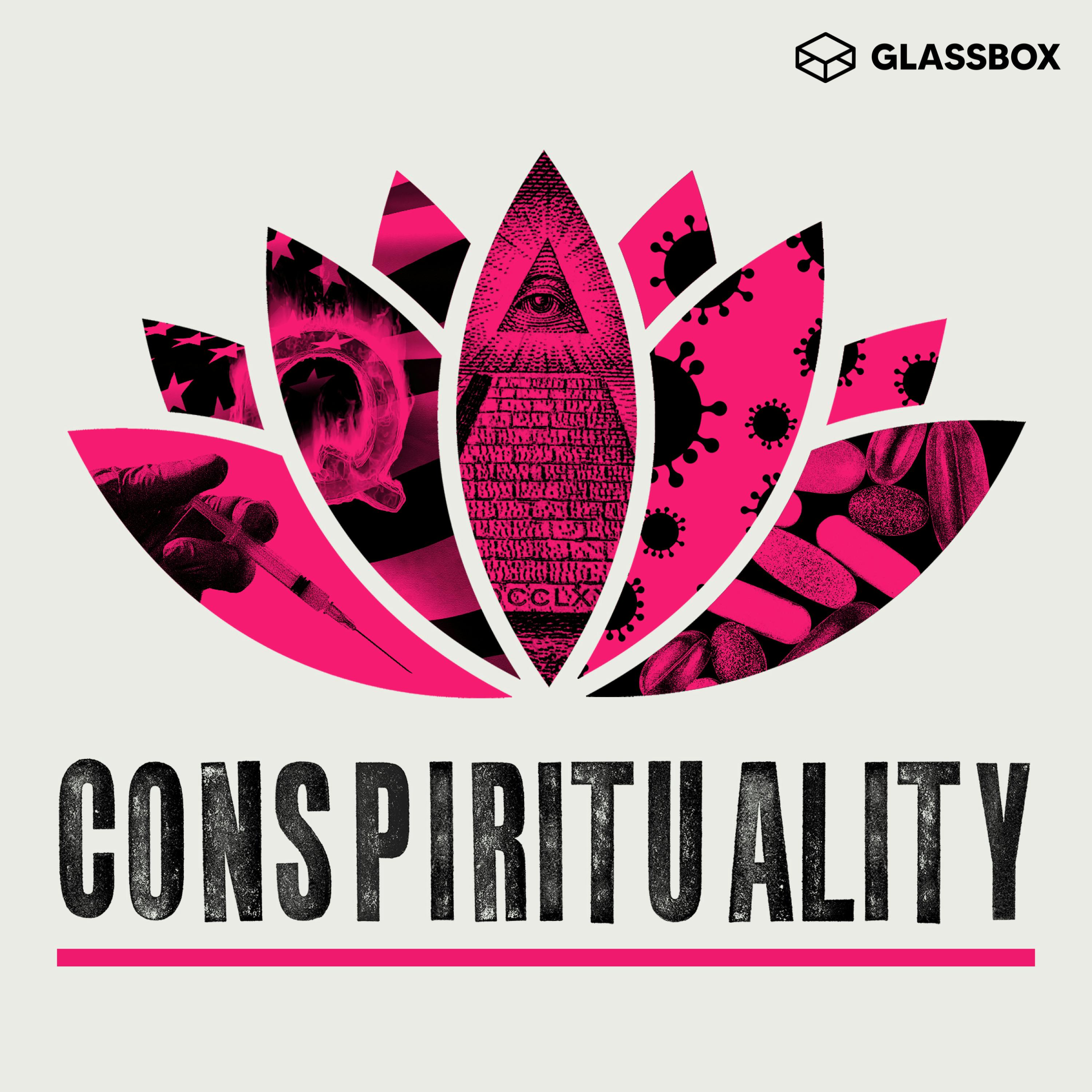
Conspirituality
Derek Beres, Matthew Remski, Julian Walker
Heart Starts Pounding: Horrors, Hauntings and Mysteries
Heart Starts Pounding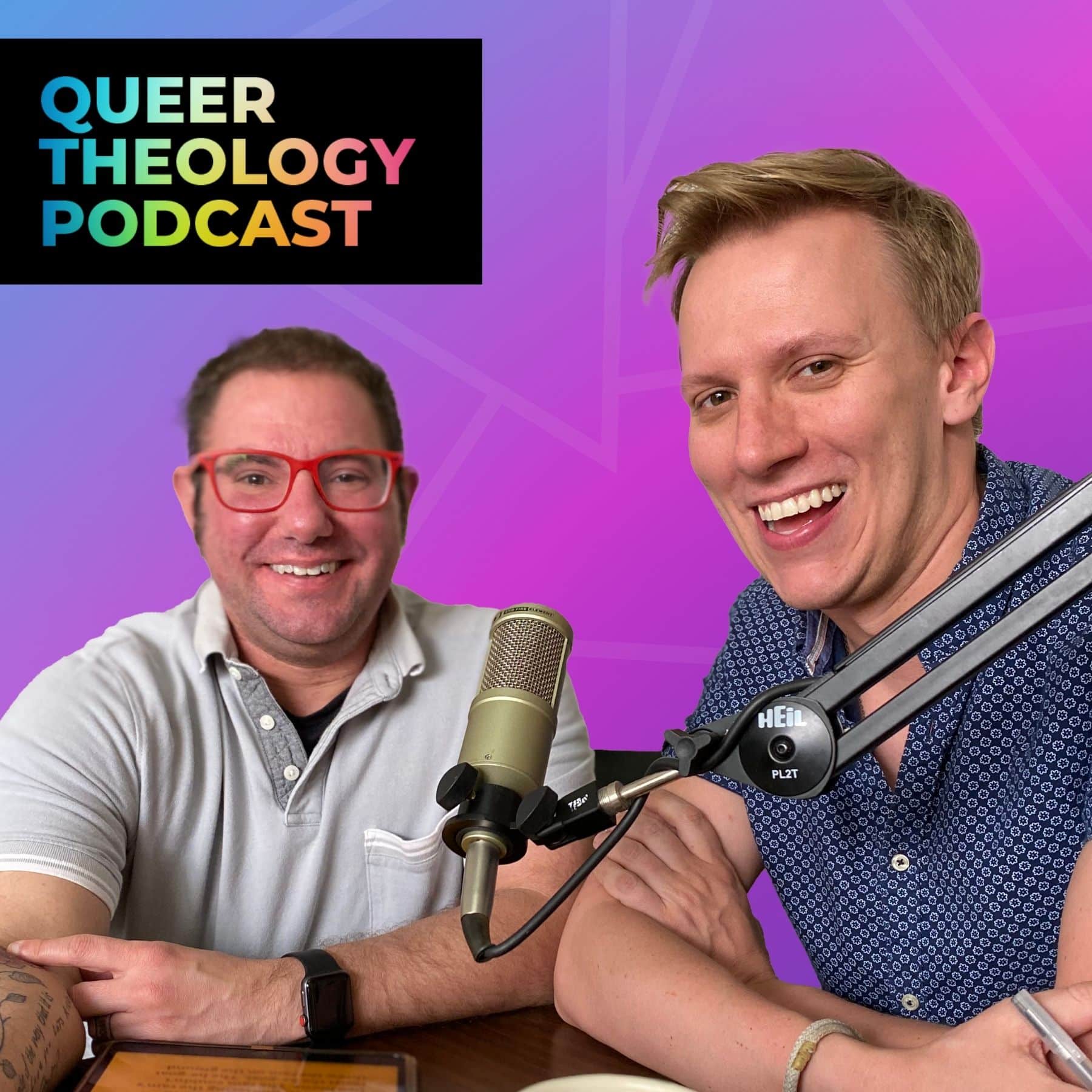
Queer Theology
Queer Theology / Brian G. Murphy & Shannon T.L. Kearns
Throughline
NPR
Code Switch
NPR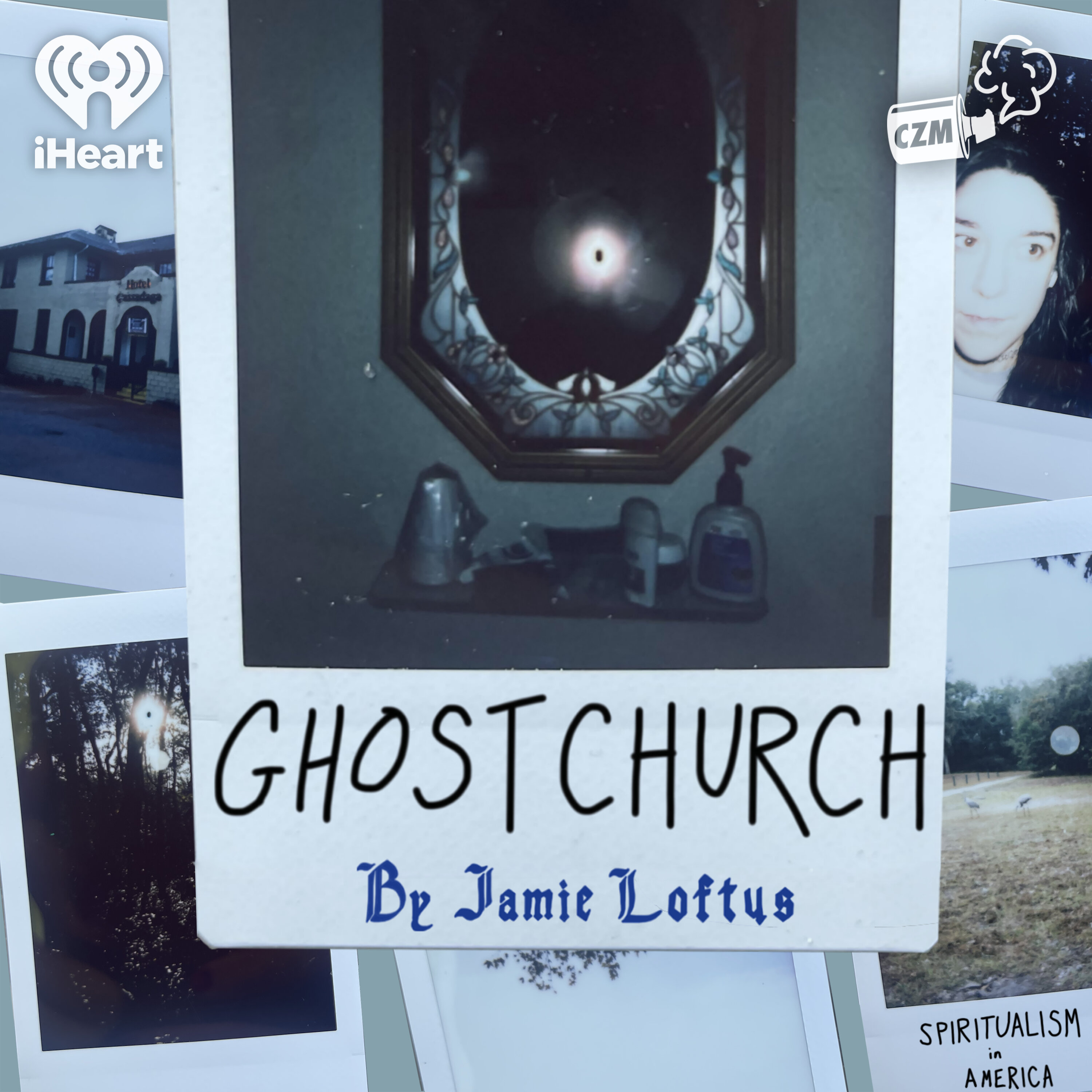
Ghost Church by Jamie Loftus
Cool Zone Media and iHeartPodcasts
Trade Offs
Fidelity International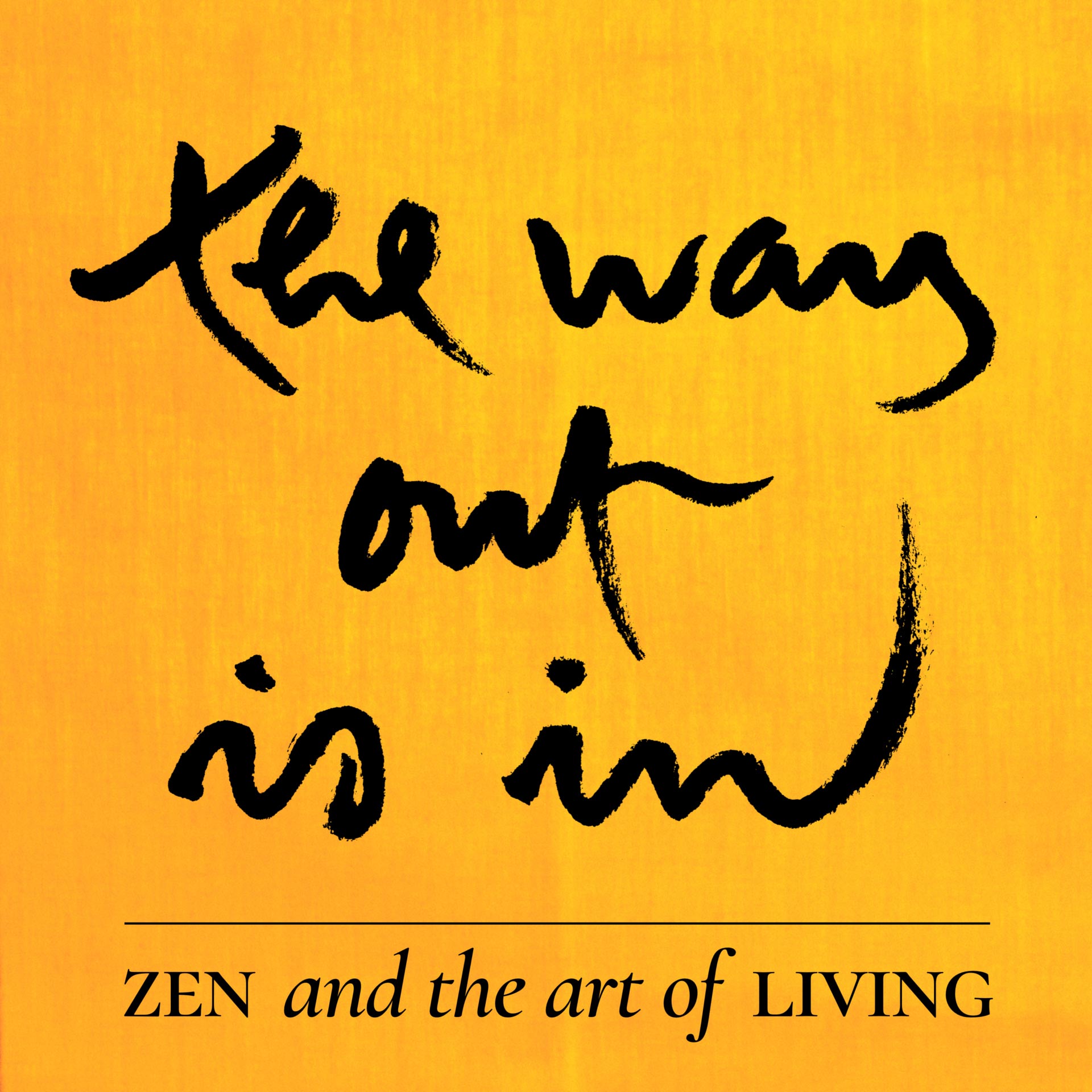
The Way Out Is In
Plum Village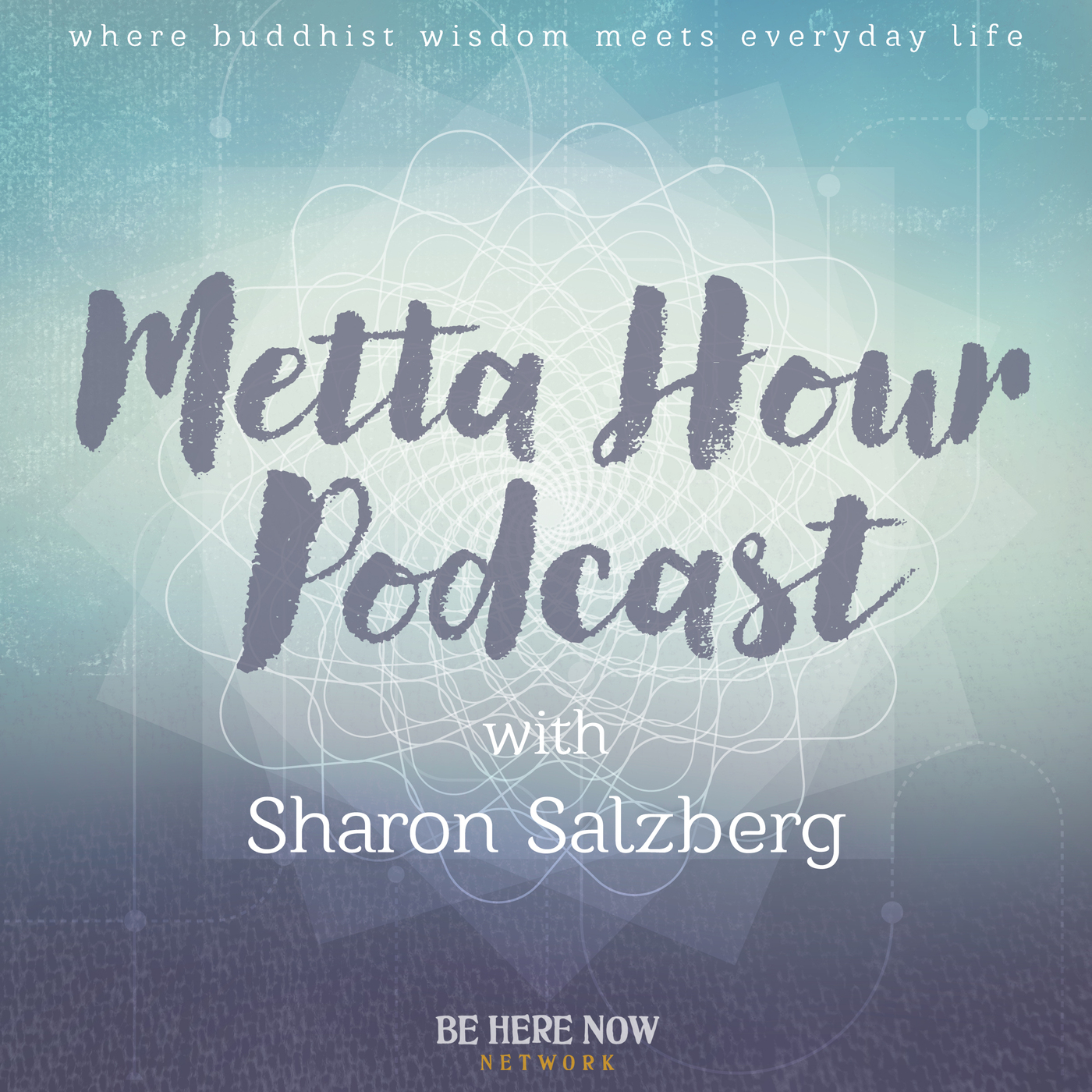
Metta Hour with Sharon Salzberg
Be Here Now Network
Haunted Road
iHeartPodcasts and Grim & Mild
